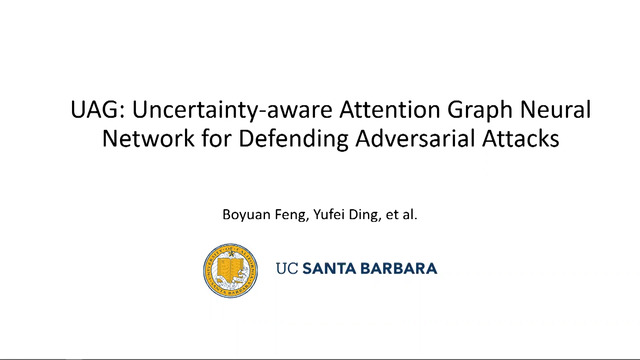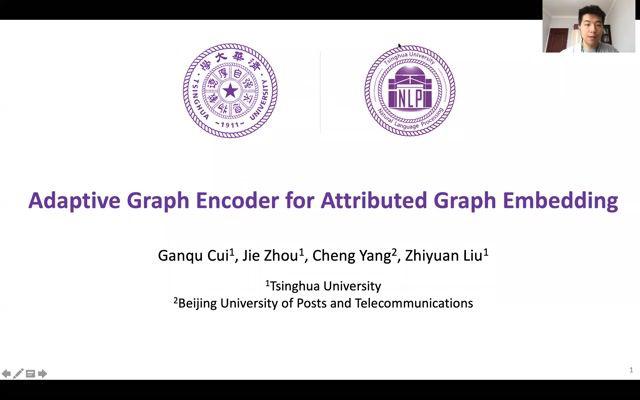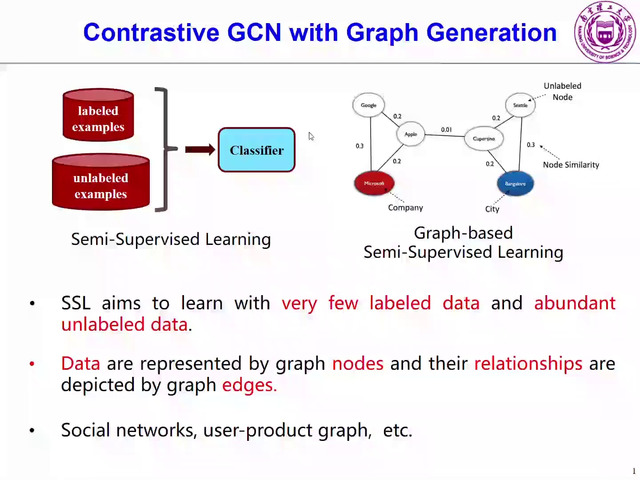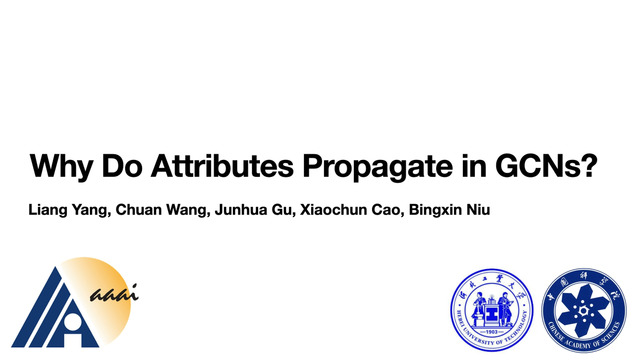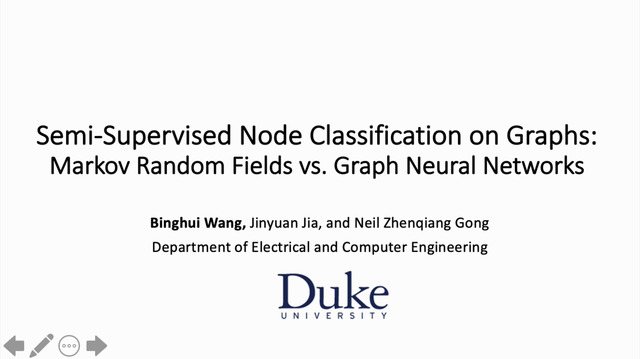Abstract:
Despite the recent success of graph convolutional networks (GCNs) in modeling graph structured data, its vulnerability to adversarial attacks has been revealed and attacks on both node feature and graph structure have been designed. Direct extension of defense algorithms based on adversarial samples meets with immediate challenge because computing the adversarial network costs substantially. We propose addressing this issue by perturbing the latent representations in GCNs, which not only dispenses with generating adversarial networks, but also attains improved robustness and accuracy by respecting the latent manifold of the data. This new framework of latent adversarial training on graphs is applied to node classification, link prediction, and recommender systems. Our empirical experimental results confirm the superior robustness performance over strong baselines.

















